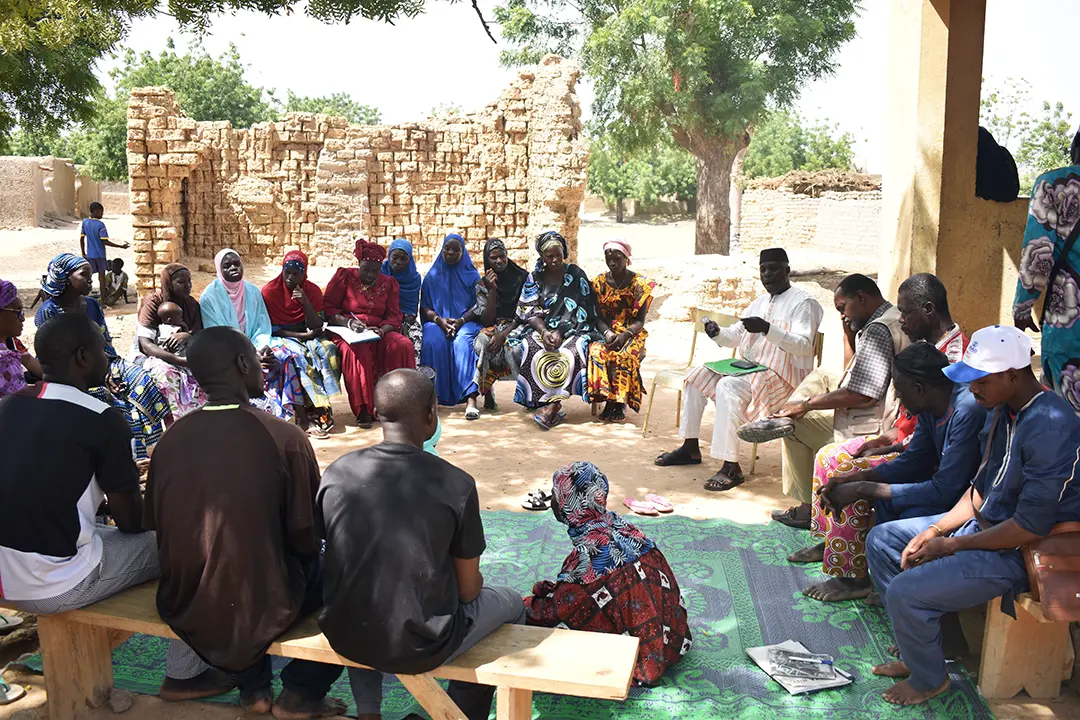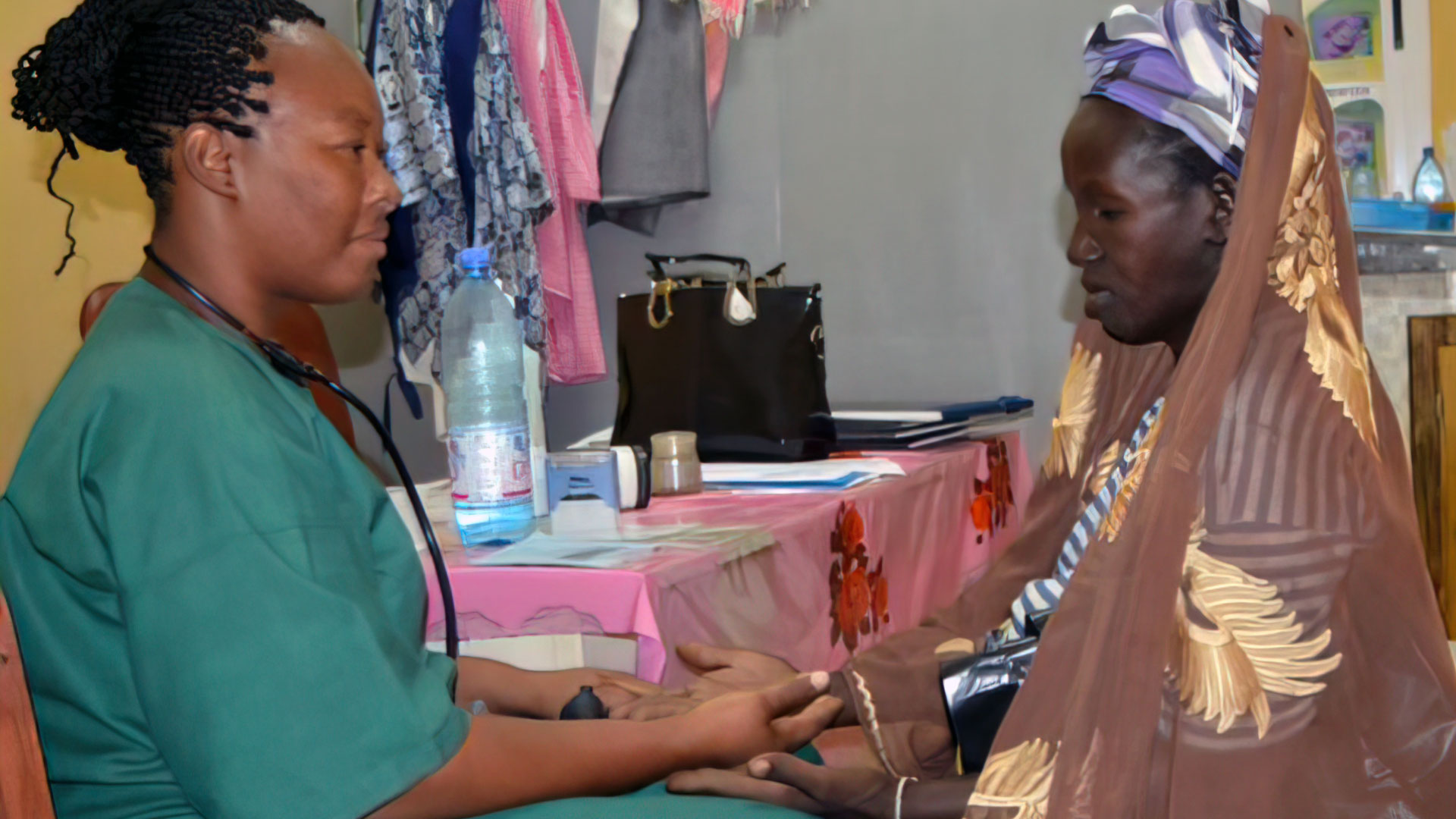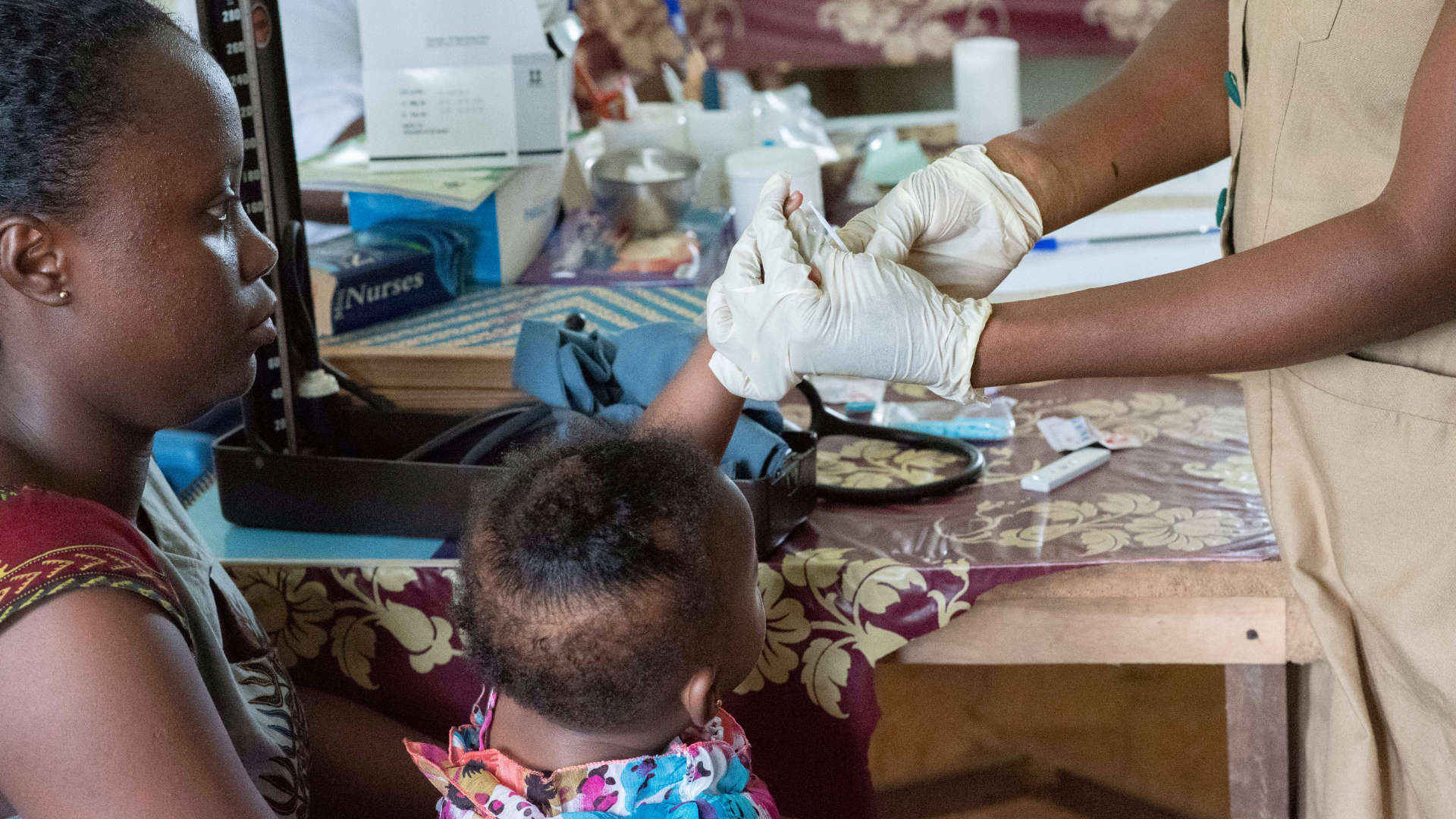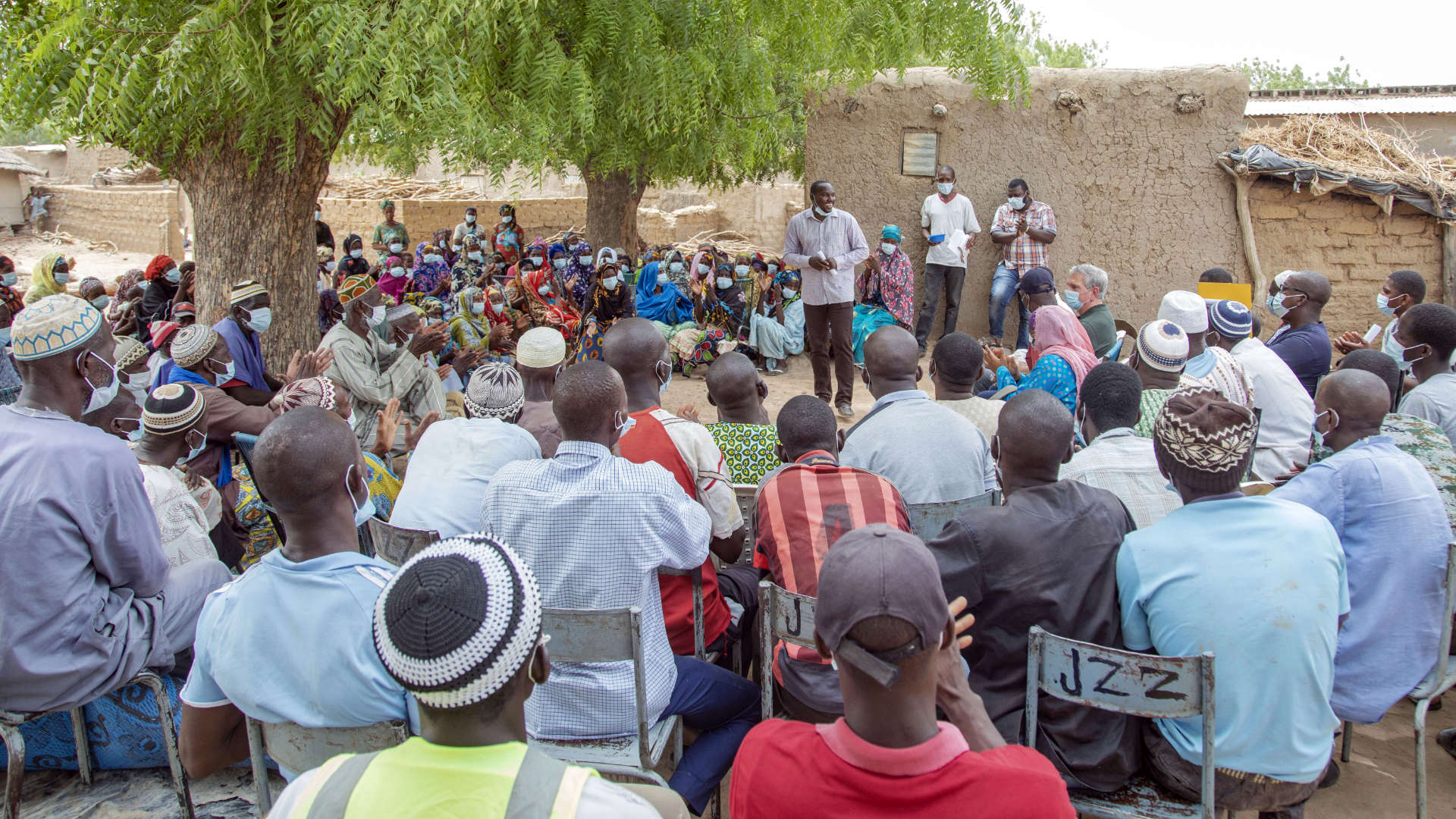Following an inter-community conflict more than a decade ago, the village of Mahadougou stopped going to the Zanferebougou community health center (CScom) for healthcare services. The conflict arose after the town council and the community health association demanded the closing of a rural maternity hospital in Mahadougou, which did not meet the country’s health policy standards.
“Despite a series of mediations conducted by the town council and the community health association (ASACO) in the village of Mahadougou to bring the community to resume attendance at the Zanferebougou community health center, community members remained firm in their decision not to, and advised that anyone who sought care at that facility would suffer the punishment of the ancestors,” said Moussa Bengaly, Technical Director of the community health center.
Identifying Barriers to Access Through Local Engagement
To support its objective to strengthen local leadership and governance of health services provided to communities, and to address the barrier to uptake of quality facility-based care, the URC-implemented USAID Keneya Nieta Activity started organizing community meetings. These meetings bring together representatives of the town council, the ASACO, the health center’s technical director, community leaders, facility staff, and members of the village health committees.
In these community meetings, USAID Keneya Nieta’s Community Development Agent (CDA), Tidiane Sylla – whose role is to help communities identify and address their own health needs – learned that women in the village were not seeking maternal and neonatal health care services from the community health center.
The potential consequences were grave; the risk of unmanaged bleeding during pregnancy, stillbirths, and maternal and neonatal deaths increased significantly without mothers and their babies having immediate access to quality facility-based care.
Community Dialogue Changes Perceptions, Drives Uptake of Services
The community dialogues had a significant impact on the community leaders, raising awareness about the advantages of using the health center, enhancing their understanding of the conflict’s adverse impact on their communities’ health, and instilling a sense of responsibility in them for ensuring access to quality care for vulnerable groups.
As a result, more community members started using facility-based health services, leading to promising reductions in mortality in the area. As an example, there were no recorded stillbirth cases from 2022 to 2023 in the village, while several had been reported the year prior.
Generating Hope in Zanferebougou and Beyond
“I am very satisfied with the support of USAID Keneya Nieta, which has enabled us to restore the link between the village of Mahadougou and the health center. From December 2022 to July 2023, we have provided antenatal care to 44 women, provided labor and delivery services to 30 women, and provided postnatal consultations to 30 women,” said Moussa Bengaly.
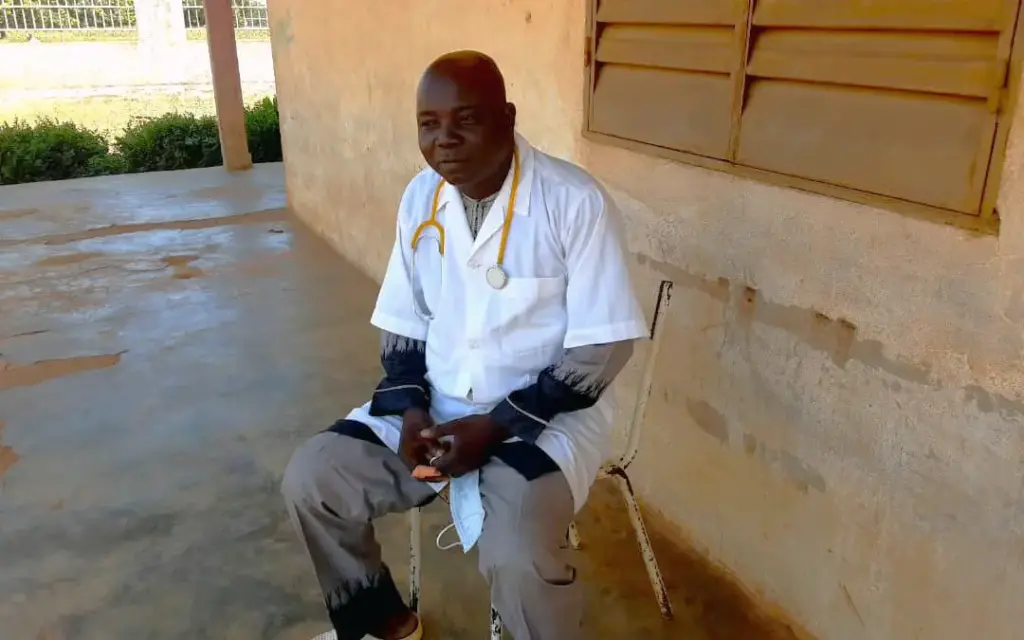
Bengaly shared his hopes about the change: “When I received the patients from the Mahadougou community, I wondered whether this was a dream or a reality because I thought it was not possible to bring the Mahadougou community to the community center given the scale of the conflict. USAID Keneya Nieta is surely a project that better responds to community health challenges.”
USAID Keneya Nieta is working with 3,859 villages in the regions of Mopti, Sikasso, and Ségou to strengthen leadership and governance over the use of and quality of health services in their communities.
